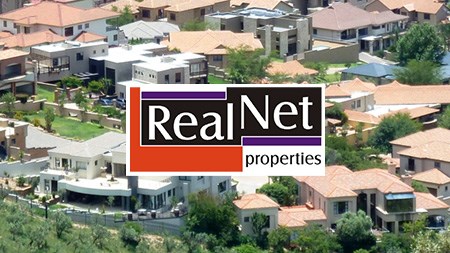Two home loan interest rate increases in the past six months have caused many consumers to pause for thought, but prospective homebuyers should go ahead with their plans.
It may seem counter-intuitive but in fact, says Jan Davel, MD of the RealNet estate agency group, they should be trying to accelerate their purchasing plans, in order to evade the “double negative” of rising prices as well as rising rates.
“Home price growth may well be slow in 2016, but it will continue, especially if developers start holding back again on the provision of new housing stock and property demand continues to exceed supply. And this means that whatever home you might want now will have a higher price tag in 12 months’ time – and that you will need a bigger home loan to buy it.
“At the same time, if inflation is boosted in 2016 by further cost-of-living increases and the low rand exchange rate, the Reserve Bank may well decide to raise rates again, and that will make it more difficult for potential borrowers to qualify for home loans. They will need higher household incomes and bigger deposits, especially if they are first-time buyers.”
In addition, he says, any further interest rate increases will no doubt make the banks more cautious when it comes to granting new loans, especially when one considers the latest Old Mutual figures that show that the percentage of borrowers paying only the minimum monthly instalment on their home loans has risen to 65%, from 59% five years ago.
“The latest available statistics from the National Credit Regulator also show that of SA’s 23,8m credit-active consumers, some 10,5m have ‘impaired’ records, which means they are struggling to pay their current debts - and that is likely to make the banks tighten their credit-granting criteria even more.”
In short, those who are ready to buy but have been sitting on the fence waiting to see whether either rates or prices would come down again should make a move soon or they could well find themselves shut out of the market for quite some time, Davel says.
“And renting long-term is really not the best option for anyone who wants to build wealth, as revealed in a recent study quoted in the authoritative Forbes magazine. This shows that there is a huge gap between the net worth of a typical homeowner and that of a typical tenant. In the US, for example, it is estimated that average homeowner will be worth at least $225 000 in 2016, while the average tenant will have a net worth of just $5000.
“The main reason for the gap, of course, is that properties increase in value over time and add to the net worth of their owners, while the net worth of tenants tends to diminish or at the very best remain static due to rising rentals.”




